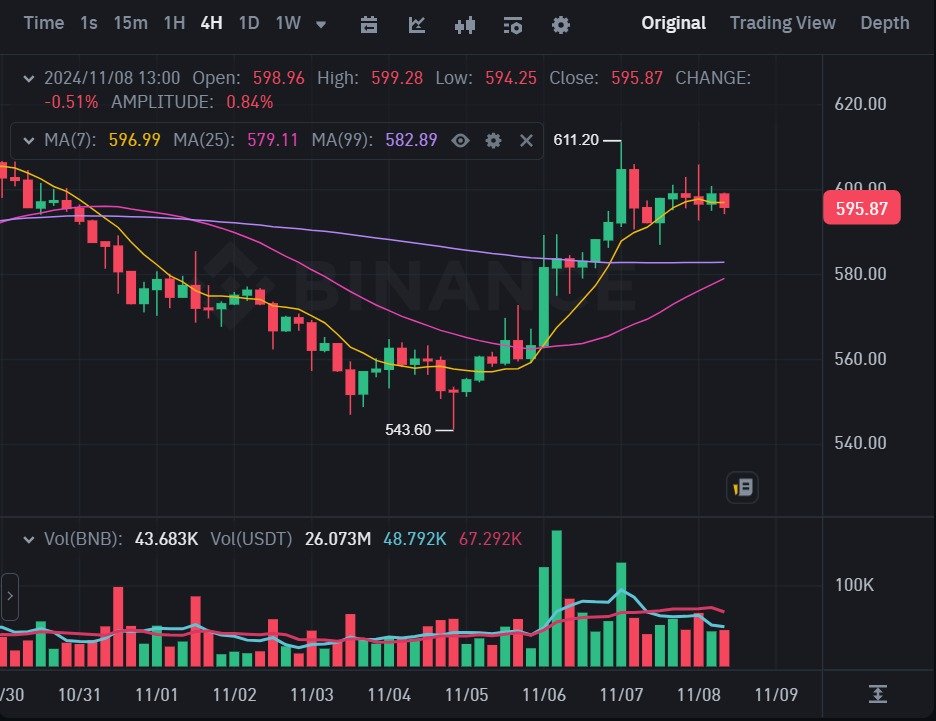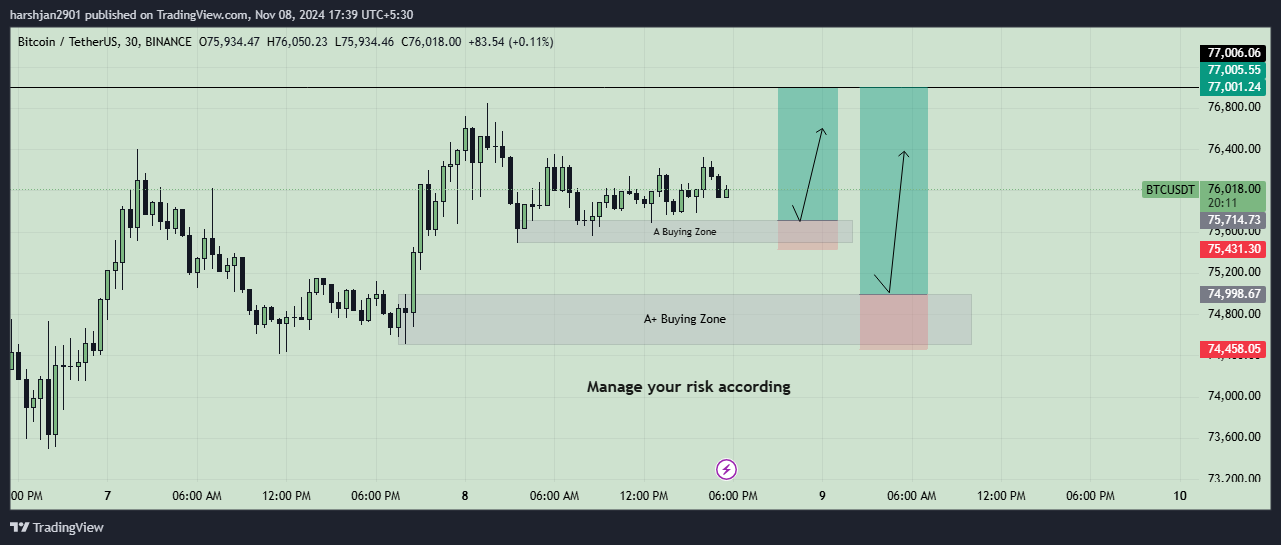The status of cryptocurrencies in India has been a subject of significant debate and confusion. While there is no outright ban on cryptocurrencies, their legal standing remains unclear, and they are not considered legal tender in the country. This uncertain status stems from various concerns, regulatory challenges, and the evolving stance of the Indian government on digital currencies.
Here’s a breakdown of the main reasons why cryptocurrencies are not fully legal in India:
1. Lack of Regulatory Framework
One of the primary reasons why crypto is not fully legal in India is the absence of a clear regulatory framework. In most countries, the legality of cryptocurrencies is supported by a well-defined set of laws, but in India, there is still a significant gap in terms of regulatory clarity.
- The Reserve Bank of India (RBI) had previously issued warnings about the use of cryptocurrencies, citing concerns around money laundering, fraud, and terrorist financing. While the RBI’s banking ban on crypto was overturned by the Supreme Court in 2020, the absence of clear regulations still causes uncertainty.
2. Concerns Over Fraud and Scams
The crypto market is notoriously unregulated, and this has led to a significant number of fraudulent schemes and scams. India has seen multiple instances of Ponzi schemes and fraudulent crypto exchanges, leading to losses for investors.
- The government remains cautious about allowing crypto markets to operate freely without oversight. There are concerns that without proper regulation, investors could fall prey to malicious actors, leading to significant financial losses.
3. Taxation and Financial Control Issues
Another challenge in making cryptocurrency fully legal is the issue of taxation. Since cryptocurrencies like Bitcoin are decentralized and not backed by any central authority, tracking transactions and imposing taxes becomes challenging for the Indian government.
- Income tax authorities have struggled to classify cryptocurrencies for taxation purposes. While crypto profits are taxed in some countries, in India, there isn’t a well-established framework for taxing capital gains or transactions involving cryptocurrencies. This makes it harder for the government to regulate crypto assets and ensure that profits are properly taxed.
4. Volatility and Financial Risk
Cryptocurrencies are known for their high volatility, with prices fluctuating wildly within short periods. This inherent instability makes them less suitable as a stable store of value or means of exchange.
- The Indian government is concerned that retail investors might face significant losses due to the speculative nature of cryptocurrencies. In a developing economy like India, where financial literacy and risk appetite vary, there is a fear that inexperienced investors could suffer major losses if they invest heavily in volatile digital assets.
5. Global Concerns and Regulatory Influence
India is not alone in its cautious approach to cryptocurrencies. Many other countries, including China and Russia, have also taken a conservative stance, partly due to the potential challenges that decentralized currencies pose to traditional monetary systems.
- The global regulatory environment is evolving, and many countries are still figuring out how to incorporate cryptocurrencies into their financial systems. India, in particular, is paying attention to how the U.S., EU, and China approach the matter before taking any major steps.
6. Central Bank Digital Currency (CBDC)
In recent years, India has been actively exploring the possibility of a Central Bank Digital Currency (CBDC). The Reserve Bank of India has conducted pilot tests for a digital rupee, a government-backed digital currency.
- The RBI’s exploration of a CBDC represents the government’s effort to digitize the currency while maintaining full control over its monetary policy. This has led to a reluctance to fully embrace decentralized cryptocurrencies like Bitcoin and Ethereum, which operate outside the control of the central bank.
7. Bitcoin and Crypto as an Alternative to Fiat Currency
Cryptocurrencies pose a challenge to traditional fiat currencies because they are decentralized and operate outside of any government’s control. India’s government is cautious about allowing a decentralized asset to compete with the Indian Rupee.
- If cryptocurrencies become more widely adopted, they could threaten the control of the RBI over the monetary system, particularly in terms of inflation management and economic policies. The Indian government may want to prevent a scenario where widespread adoption of crypto undermines the national currency.
8. Possible Future Regulation
Despite the current uncertainty, there is some hope that the Indian government will introduce specific crypto regulations in the future. Discussions on a Crypto Bill have been ongoing, with rumors suggesting that the government may eventually decide to regulate cryptocurrencies, instead of outright banning them.
- A regulated framework for crypto could provide clarity, ensuring investor protection, proper taxation, and establishing clear guidelines for crypto exchanges, miners, and investors.
Conclusion
In summary, while cryptocurrencies are not banned in India, they are not fully legal due to a combination of factors, including regulatory uncertainty, concerns about financial stability, and the lack of proper legal frameworks. The Indian government continues to exercise caution due to concerns over fraud, volatility, and the challenge posed by decentralized currencies to the traditional financial system.
However, there is a possibility that regulation could come in the future, offering a clearer framework for cryptocurrencies. Until then, investors in India will have to navigate the uncertain landscape carefully.
If you’re looking for professional guidance and strategies for crypto trading or want to explore the best opportunities in the crypto market, Lumina Lore offers advanced solutions for navigating these challenges. Contact us today to discover how you can make informed investment decisions in this evolving market.



